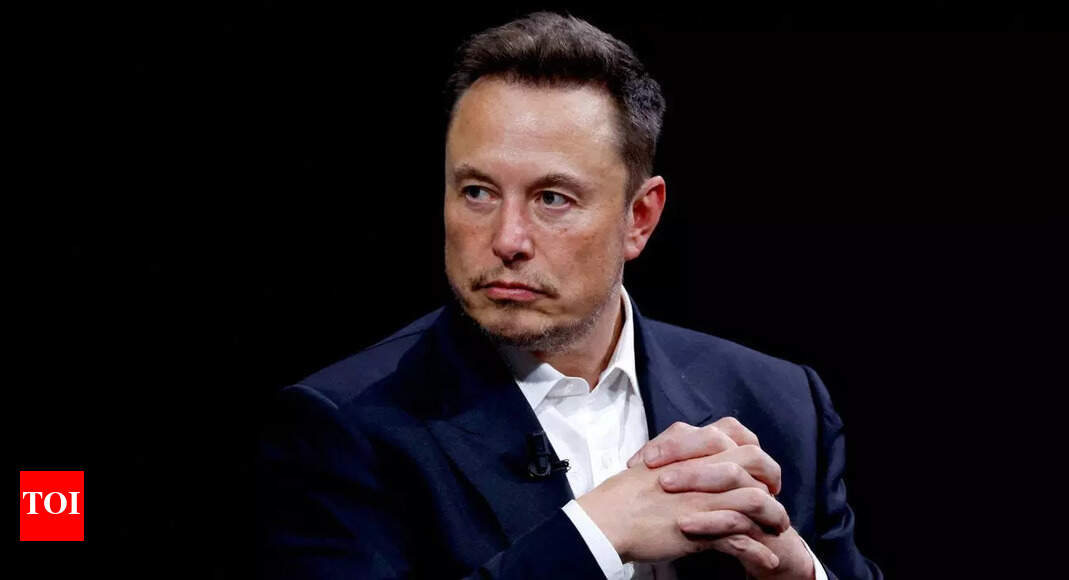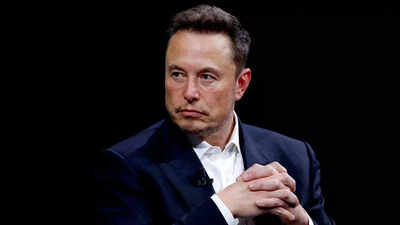
Elon Musk, the billionaire CEO of Tesla, SpaceX, and xAI, has reignited global debate by declaring that concerns about overpopulation are “the most nihilistic lie ever told.” In a series of posts on X, Musk argued that the real threat facing humanity is not overpopulation but a dramatic, accelerating decline in birth rates. By calling it “nihilistic,” Musk suggests the belief fosters a bleak, anti-human worldview, one that sees additional human life as a burden rather than a driver of innovation and civilization. With countries like Japan and South Korea seeing historic population drops, Musk believes civilization is sleepwalking into collapse unless the trend is urgently reversed.
Elon Musk challenges the overpopulation narrative
Musk has long criticized the notion that Earth is threatened by having too many people. He frequently references 20th-century works like Paul Ehrlich’s The Population Bomb as misleading and outdated. Ehrlich predicted widespread starvation due to population growth, but global food production has since far outpaced population growth. According to the UN, food availability per capita has actually risen by over 30 percent since 1961.Musk argues that this focus on overpopulation distracts from the more immediate and dangerous issue, which is declining fertility rates. He points to demographic data showing that birth rates in developed nations are well below the replacement rate of 2.1 children per woman. Japan’s population dropped by over 900,000 in 2024 alone, a historic decline driven by a fertility rate of just 1.15. South Korea has fared even worse, recording a fertility rate of 0.72 in 2023, the lowest in the world.While some claim AI is contributing to declining birth rates by transforming the nature of work and social interaction, Musk insists otherwise. “This demographic inevitably was set in motion half a century ago and has nothing to do with AI,” he wrote. Instead, he sees AI as a potential solution to the population collapse. “AI is the only hope for turning this around,” Musk added.
Falling birth rates and the risk of civilizational collapse
Musk warns that low birth rates could lead to a “slow-motion collapse” of civilization. Shrinking populations mean fewer workers, more retirees, and unsustainable economic systems. The World Bank reports a global fertility decline from 4.9 in 1960 to 2.3 in 2020, with wealthier nations leading the trend. This has direct implications for economic productivity, innovation, and the maintenance of social services like pensions and healthcare.To reverse the trend, Musk advocates for pro-family policies including tax incentives, affordable childcare, and parental leave, along with a cultural shift that embraces family life. He has also suggested that AI could help mitigate some of the economic consequences of a shrinking workforce.
Pushback and public debate
Still, critics argue that Musk’s framing oversimplifies complex socio-economic issues. While some support his alarm over declining fertility, others caution that overpopulation remains a legitimate concern in certain regions. Environmentalists point out that growing populations in parts of the world are placing unsustainable pressure on already fragile ecosystems, leading to water shortages, deforestation, and depletion of vital natural resources.Studies from the OECD and World Bank highlight that economic pressure, high living costs, and rigid gender norms are among the key drivers of low birth rates.Nonetheless, Musk’s comments continue to spark global discussion as governments confront the economic and societal challenges of shrinking populations. Whether or not one agrees with Musk’s conclusions, his warnings tap into growing concerns that humanity’s demographic future may be defined more by decline than overgrowth.







